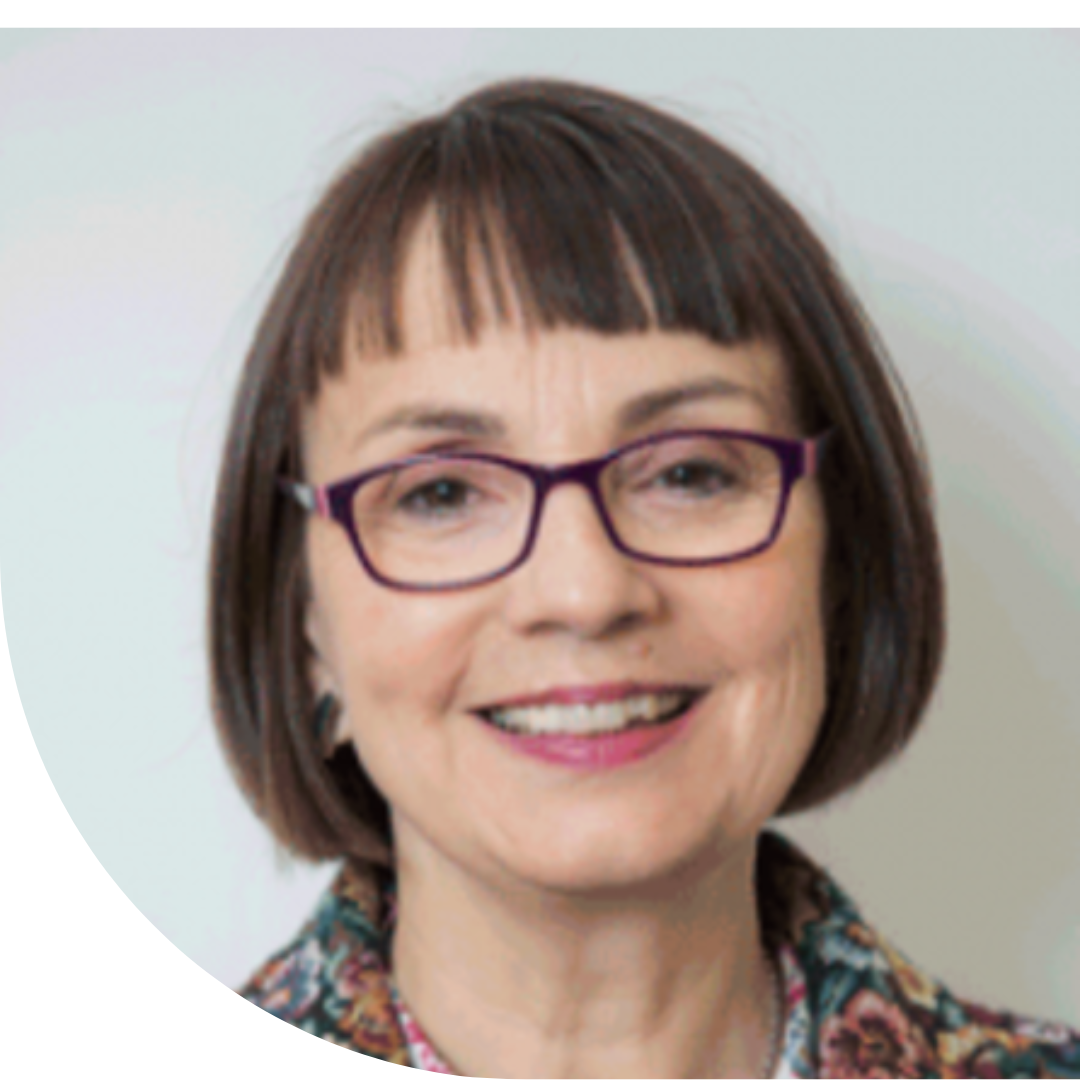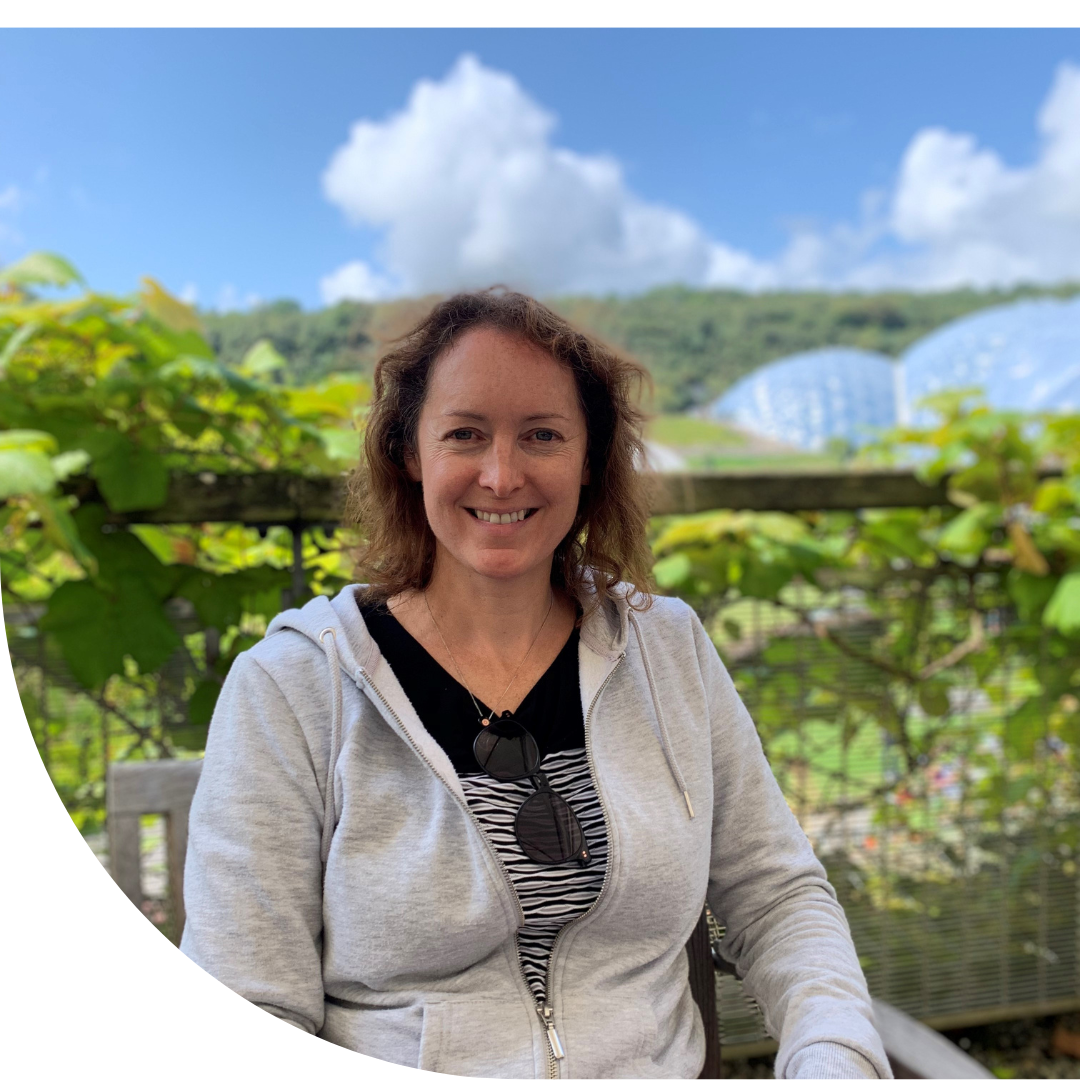Help us celebrate 'Chartered Week'

ASE will be marking 'Chartered Week' and supporting the Science Council (and the British Computer Society who established the celebration) between 24-28 February 2025. The week helps shine a light on our members who have achieved chartered status, either CSciTeach, RSci or RSciTech. Please help share our social posts and encourage colleagues to find out more about applying for chartered status.
The Association for Science Education, as a licensed body of the Science Council, is proud to offer Professional Registration awards under the terms of its Royal Charter. These awards recognise individuals who meet the required standards and demonstrate a commitment to excellence in science education.
Hear from our members as they share their experiences of becoming professionally registered and the impact it has had on their careers.
Free webinars
Want to find out more about applying for professional registration for science teachers with the ASE. Join one of our FREE webinars.
Laura Smith, RSciTech. Priestley College
 Prior to my current position as a sixth form college science technician, I worked as a technologist within the NHS. I was already aware of the concept of registration for technical roles and was excited to discover the RSciTech award was open to applicants working as science technicians in secondary education.
Prior to my current position as a sixth form college science technician, I worked as a technologist within the NHS. I was already aware of the concept of registration for technical roles and was excited to discover the RSciTech award was open to applicants working as science technicians in secondary education.
Benefits of the award
What I liked about the RSciTech award was that it gives professional recognition to the skills used as a school/college science technician, putting the role on a par with technicians in other scientific fields. The award also demonstrates the competence and integrity of a successful applicant, and signals a high level of commitment to scientific practice to future employers. The need to commit to ongoing CPD appealed to me and would ensure I was motivated to stay up to date with good practice. Gaining RSciTech status plus actively participating in CPD has been invaluable for rebuilding my CV and increasing job satisfaction.
What can be used as evidence?
It can be easy to fall into the trap of thinking that the everyday tasks of the school/college science technician are too mundane to fulfil the requirements of the RSciTech application form.
You shouldn’t feel uncomfortable describing those routine tasks, many of which can be reframed for completing the competences. A job such as ‘clearing up’ could actually be described in terms of planning, liaising with colleagues, awareness of current health and safety guidelines and the prudent use of resources, for example. The application is a reflective process, I personally drew a lot of satisfaction from seeing my achievements documented ready for review.
Going a step further
After gaining RSciTech status in 2021, I entered and won the Science Council’s 2022 CPD Awards in the Registered Science Technician category. I was happy to have the opportunity to show that being a science technician in secondary education is a high quality role and deserves to be acknowledged at a national level.
Jon Hale, CSciTeach. Assistant Head Assessment and Reporting
 Why did you apply for CSciTeach?
Why did you apply for CSciTeach?
Towards the end of my PGCE we were given a short presentation about why we should all become Chartered Science Teachers in 10 years time. This was towards the beginning of the CSciTeach scheme and sold as a way of demonstrating our professionalism to employers, but for me, the key driver was reflecting upon how I have developed as a teacher since first qualifying in 2007.
What do you value about the CSciTeach?
Valuable CPD takes so many forms, from presenting at a conference to having a chat about teaching over a coffee with a colleague, but all good CPD leaves an impact on you. Maintaining a CPD log for the CSciTeach makes the reflection explicit and captures your thinking at regular intervals.
How do you approach CPD?
As I am based in Jersey, many opportunities for CPD are not an option. Popping across to England for an afternoon session is simply not time or cost-efficient not to mention the impact on my carbon footprint. The courses I teach have changed significantly since I began teaching. Some aspects, like bioinformatics, were one of those final year options at university when I was there, and now I have to be the “expert” in the room. The quality of my teaching depends upon me knowing enough and being confident in my understanding to deliver explanations with clarity, to see the connections between concepts and develop logical thinking in my students.
Diane Molyneux, CSciTeach. Primary Specialist
 Why did you apply for CSciTeach?
Why did you apply for CSciTeach?
Teaching a wide range of subjects, primary teachers have to be generalists and yet ensure that they keep up to date with teaching methodologies in different subject areas. It is not possible to belong to all the different groups and professional bodies available. I decided that I would focus on my strengths as a scientist. In this way, I could be a generalist, but also have recognition as a specialist.
I decided to apply for Chartered Science Teacher as it enables me to target my CPD activities and provides recognition for my skills as a science specialist, both within the school and wider community.
What do you value about the CSciTeach?
I wanted to do everything possible to improve my practice as a primary school teacher. The CSciTeach award has given me recognition in my school for my work in developing challenging learning experiences for children. it shows that I am a reflective practitioner and demonstrates my commitment to me colleagues, my school and the students and parents. It also gives me the confidence to realise that I am a good scientist, as well as a classroom teacher.
How do you approach CPD?
Professional development just seems so natural. Each year I develop my skills so that I can provide even better learning experiences for my students. After I applied for CSciTeach, my CPD became much more focused. The very act of having to record activities, and to reflect on their impact made the process much more valuable to me. I would say that the evaluation of the impact of CPD activities is more important that the activities themselves.
Jo McMullen, CSciTeach. Head of Science

Why did you apply for CSciTeach?
I applied for CSciTeach as I wanted to gain professional recognition after 30 years of teaching science. I have worked in special needs schools for the last 10 years and wanted to show that they deserve good teachers.
What do you value about the CSciTeach?
It has made an impact by increasing the respect given to me by my colleagues and also increased my own confidence in my skills and experience. I am proud of gaining my professional status and I want to continue keeping it by continually upskilling myself through CPD. Through completing the application, I recognised the skills and experience I have gained over the years. It made me proud of the opportunities I have given my students to increase their science capital through events, workshops and visits. Before I applied, I completed a Masters Degree through the OU which took me three years part time, but it was the best thing I did allowing me to update my knowledge with current educational research.
How do you approach CPD?
I value being a chartered member of the ASE and Science Council which allows me to network with others who share my passion for Science Education. I am particularly grateful for the skills and knowledge that the ASE inclusion group have taught me.
I would encourage any Science teacher or technician to apply for chartered status. It will ensure that you are always striving for the best within your career, through networking and completing current CPD, and sharing new knowledge with colleagues and students.
Joanne Hartley-Metcalfe, CsciTeach. Universities T Level Support Manager
 Applying for professional recognition as a Chartered Science Teacher was a significant milestone in my career, one that allowed me to reflect on my journey and the impact I've had as an educator. Throughout my career, I’ve strived to inspire students, support colleagues, and contribute to advancing science education.
Applying for professional recognition as a Chartered Science Teacher was a significant milestone in my career, one that allowed me to reflect on my journey and the impact I've had as an educator. Throughout my career, I’ve strived to inspire students, support colleagues, and contribute to advancing science education.
Gaining professional recognition is a way to validate the dedication I've put into my practice and demonstrate my ongoing commitment to education, particularly technical education. For me, this recognition is not just about personal achievement, it’s about the responsibility I hold to continuously improve and set a positive example for others. It affirms my passion for developing future generations of scientists and technical professionals, while reinforcing my belief in the importance of technical education in addressing skills gaps and ensuring our country has the talent needed to drive innovation and strengthen our economy.
Receiving this status marks an important milestone in my professional journey, and I hope it inspires others to seek professional recognition for their hard work and dedication. It’s a reminder that every step, whether in the classroom or beyond, contributes to a larger mission, developing a love of learning and shaping a skilled, capable workforce for the future.
You can view the current list of Professional Registrants via the following links: Chartered Science Teachers (CSciTeach), Registered Science Technicians (RSciTech) and Registered Scientists (RSci).
